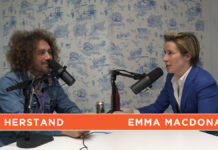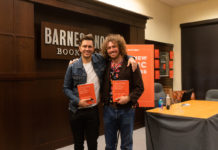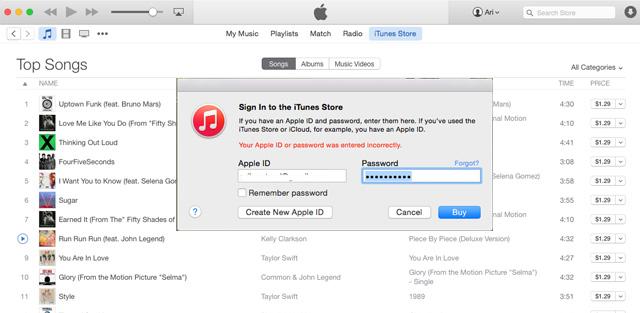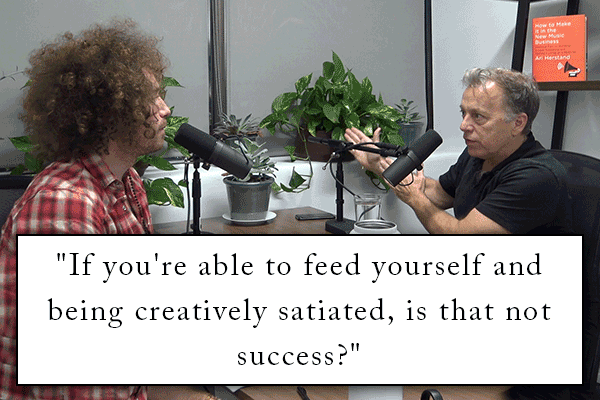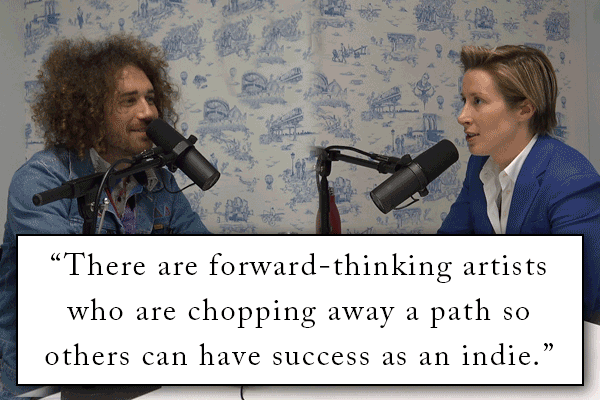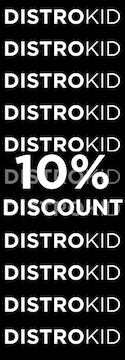We all know recorded music sales are dying. It’s a Titanic size plank that sales have been marching down for years, but eventually they’ll fall off. But we’re not there yet. Last year, Americans bought 257 million albums – an 11% drop from 2013. That’s still a hefty number, but ain’t nothing like the year 2000 with a whomping 785 million albums sold – the peak of recorded music sales.
So when you release new music, you’re of course still going to have it for sale (along with stream). And the most popular digital download store is still iTunes. It beat out Walmart nearly 7 years ago in total music sales. But with Apple taking a 30% cut and giving you zero connection to those who purchase your album, why are you telling people to buy it on iTunes?
Sure, it’s easy for fans to purchase on iTunes because their credit cards are saved. But how f’ing difficult is it to remember the login password – and having to type it in every single time is unbelievably annoying. Yes, I have fingerprint enabled on my iPhone, but when you restart the phone you have to type that shit back in. And even when I don’t restart, for some sadistic reason, Apple makes me type in my password nearly every time. And if I can’t remember it, which is now often, I have to reset it – and of course it can’t be the same password that I’ve used in the past year. So now having used up my top 10 passwords I’m at a loss and will never buy music again on iTunes. Or apps for that matter. Because I have to go through 37 steps.
But I digress.
Why are you sending your fans to the billionaire corporation who, again, takes 30%? Before iTunes, did you tell your fans to go buy your CD at Walmart? Of course not! You told them to support their local record store. So why are you telling your fans to go to the digital equivalent of Walmart?
+CD Baby, Tunecore, DistroKid, Loudr, Zimbalam, ReverbNation or…
Send them to BandCamp (run by founder Ethan Diamond), Loudr (run by founder Chris Crawford) or CD Baby (whose founder Derek Sivers is long gone, but it’s still a great company). Not only do these companies take drastically lower percentages – 15%, 15% and 9% respectively, but BandCamp and CD Baby give you the customers’ emails so you can add them to your email list and continue the conversation. Because the new music industry is about the artist-fan relationship. It’s more than just a sterile, detached transaction. Also, BandCamp and Loudr allow fans to name their price. Because of this, a fan bought my new album on BandCamp for $200 and another bought a single for $20.
I know I know, you’re getting back to the “but iTunes is comfortable and feels safe” argument. I’m not telling you to take your music off of iTunes. OF COURSE you want your music in the most popular music store on the planet. And people will find your music there without you guiding them.
If you’re an independent artist, you should be pointing your fans to the stores that treat artists the best, pays them the most and gives them the most fan data to enable you to continue the relationship – and sell to them again.
+How To Get More Mailing List Subscribers
Major labels artists have no choice. Their label tells them what to do and they must comply. Fine. But indie artists do have a choice. The relationship you build with your fans is all inclusive and ongoing. And can last a lifetime. Meet them at shows. Respond to them on Twitter, Facebook and Snapchat. Send out meaningful emails. Respect them. And they will respect you. If you allow them to pay you more than is required, they will.
Apple will launch their streaming service this year to rival Spotify. If they give artists access to their fan data and slash their commission, then I’ll be singing a different tune. But something tells me they’re a bit too greedy and protective to do that.







